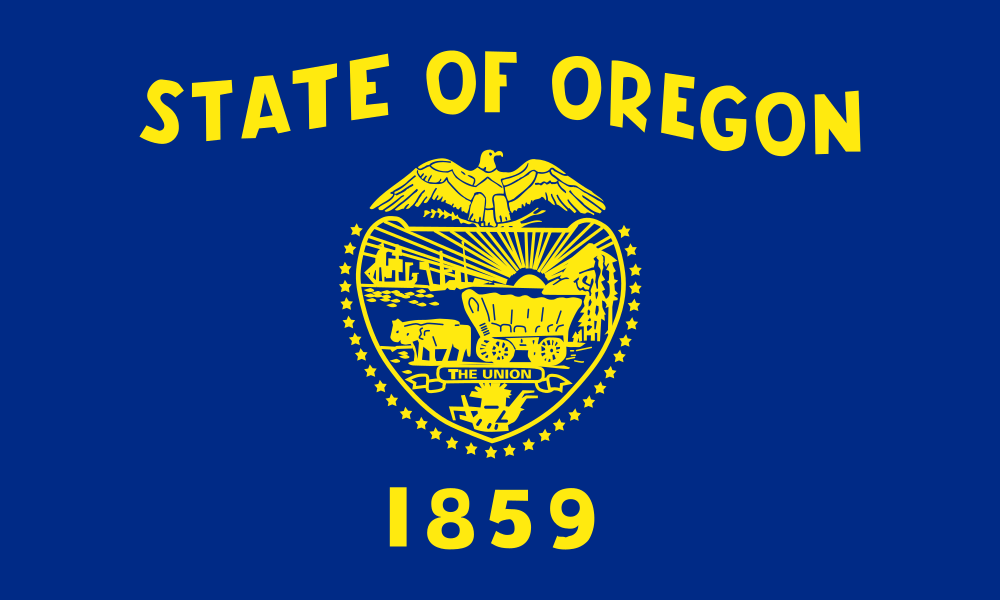Remaining Compliant with State Regulations
It’s crucial to remain compliant with the state regulations and license requirements even after receiving your final license. Failing to comply with the regulations can result in hefty fines and risk of losing your license.
Compliance Measures to Keep in Mind
Regularly updating necessary tracking systems required by the state
dating
Notification of theft, loss, and criminal activity
Compliance with product testing, packaging, and labeling requirements
Compliance with insurance and inventory requirements
Compliance with record-keeping regulations
To remain compliant, you can notify the regulatory authority of changes in business operations and keep them updated on any changes or developments related to the application.
Establish robust compliance protocols aligned with state regulations and stay informed about any regulatory updates or changes in the state cannabis regulations.




























